Gone are the days when vegan diets were only for people with health issues. An increasing number of people have discovered the benefits plant-based foods offer. This includes several athletes worldwide, including superstars like F1 racing champion, Lewis Hamilton, who have realized the body-boosting properties a vegan diet for athletes can provide

Vegan Plant-based Diets
These diets are low in fat and cholesterol levels, which help athletes have reduced body fat, increased blood viscosity, and aerobic capacity. A plant-based diet allows you can get more antioxidants in your body system. Compared to meat-eaters, athletes on vegan diets consume more fiber than fat, which leads to less inflammation, less muscle fatigue, and even more regulated blood pressure. A vegan diet for athletes can also strengthen their hearts and improve endurance.
Adequate Protein Needed for The Vegan Diet for Athletes
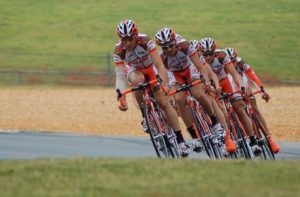
With all these potential benefits, it won’t be surprising to consider switching to a plant-based diet.
However, since a vegan diet excludes animal, dairy, or egg products, you may wonder, “How do I get my required proteins?”
After all, proteins are the primary source of amino acids needed for body rebuilding, muscle repairs, and several other crucial body functions required for sporting activities.
Plant foods also contain proteins in lower quantities than animal products. Eating a well-rationed and balanced vegan diet is the secret to getting enough protein. A proper vegan diet for athletes should have a well-rounded mix of plant-based protein, fat, carbohydrate sources,s minerals,s and vitamins.
However, to get enough protein in your food, you must pay close attention to what you consume and ensure you have a healthy amount. Athletes on plant-based diets even need more protein in their meals due to their higher fiber intake. Luckily, there are several plant-protein sources, so getting your required amount is not difficult.
Knowing the foods containing the right amount of macro and micronutrients you may need for your specific body training routine and having the right vegan meal plan, you can successfully become an athlete on a plant-based diet.
Vegan Macro and Micronutrients
You must have heard about macro and micro-nutrients if you plan on a vegan diet. So let’s tell you what they are and their different types
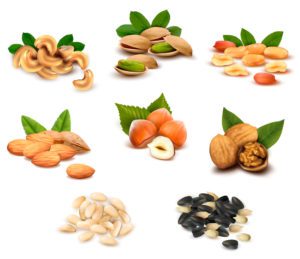
Vegan Plant-based Macro-Nutrients
These nutrients are the energy-providing nutrients in your plant-based diet. They give you the required calorie, including protein, fat, and carbohydrates. Foods containing carbohydrates include whole grains, starchy veggies, and fruits. Proteins are in foods such as legumes, beans, nuts and seeds, nut butter, tofu and tempeh, and some whole grains.
Fat macronutrients in your meal are essential because they help your body absorb fat-soluble vitamins A, D, E, and K.
Some plant sources of fat include nuts and seeds, seed oils like flaxseed oils, nut butter, coconut, avocado, and other plant-based oils. Ensure your diet contains copious amounts of macronutrients to get the desired calories for your workout and sporting activities.
However, it is also important to evenly distribute your dense nutrient consumption throughout the day. You don’t want to consume too much fatty food at a sitting as this can affect digestion and cause discomfort.
Vegan Plant-based Micro-Nutrients
Although macronutrients are usually found more in foods and more emphasized in vegan diets, an athlete should consume adequate micro-nutrients. Micronutrients are those elements and compounds found in small quantities in foods but are crucial to proper dieting.
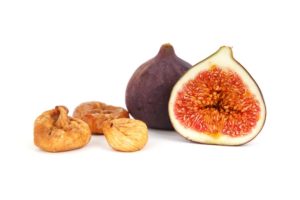
For overall well-being, your diet should include micronutrients in the correct quantity. Unfortunately, measuring the number of micronutrients in foods is complicated, so the best way to ensure proper diet quality is by adding whole grains to your diet. Whole foods are rich in nutrients and include raw green vegetables like spinach, broccoli, asparagus, salad greens, etc. Other sources of micronutrients include non-starchy vegetables like onions, beets, carrots, fresh fruits, and even whole grains.
You can also get essential vitamins and minerals from these leafy vegetables, raw nuts and seeds, pumpkin seeds, and calcium-fortified milk alternatives.
Vegan Athlete Meal Plan
Your meal plan depends on some factors, such as your body goals, your genetics, and the type of sports activity you do. These factors will determine whether your meal plan should have a higher carb content or a higher fat content. The protein macronutrient ratio should be around 25% for the right balance of your diet.
A tremendous vegan diet for athletes should have enough macronutrients to fuel their sporting activities. So whether you are into a bodybuilding sport or one that requires high endurance levels, you can tailor your meal plan to your need.
The number of times you eat daily depends on your preference and training regime.
Grocery List for Vegan Athletes
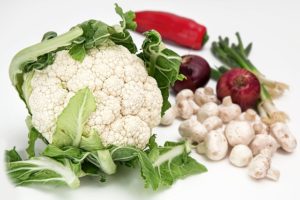
Every athlete knows that the food they eat plays a massive part in their sporting success rate. When you shop for groceries for your vegan diet, ensure you only go for the best.
As a guide on your shopping trip, list everything you want to buy – a complete list of micro and macronutrient sources. Try to buy organic as much as possible while staying within your budget. Luckily, you’ll buy almost all your vegan groceries from the same section, making things easier.
Here is your Vegan Shopping List
Vegetables
All kinds of veggies – green, leafy, starchy, everything. Cabbages, potatoes – sweet and Irish, yams, cucumbers, carrots, romaine lettuce, broccoli, spinach, celery, kale, peppers – bell, chili, and jalapeno, onions, cilantro, garlic, parsley, and other vegetables.
Fruits
Apples, Oranges, Bananas, Pineapples, Mixed Frozen Berries (for smoothies), Lemons, Limes, Tomatoes, Avocados
Legumes
Beans, lentils, peas, chickpeas
Grains
Rice, Brown Rice, Granola, Quinoa, Nuts and Breakfast Cereals
Wheat Products
Whole-wheat bread, Pitas, Pasta
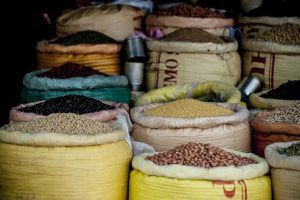
Nuts and Seeds
Cashews, almonds, flaxseeds, walnuts
Pastes and Plant-based Butter Spreads
Nut butter, hummus, sesame seed pastes
Protein Powder or Supplements
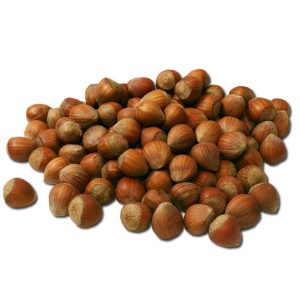
Oils
Castor oil, olive oil, flaxseed oil, grape seed oil, sesame oil, coconut oil
Vinegar
Soy Products
Soy sauce, soybeans, tofu, tempeh
Beverages
Always choose plant-based beverages
Other Miscellaneous Groceries
Milk – coconut or almond milk, plant-based sweeteners
Spices and Seasonings
Nutritional Yeast, cayenne powder, curry powder, cinnamon, cilantro, turmeric

An excellent vegan diet for athletes has a high nutrient density and can provide all the calories needed for outstanding athletic performance.
